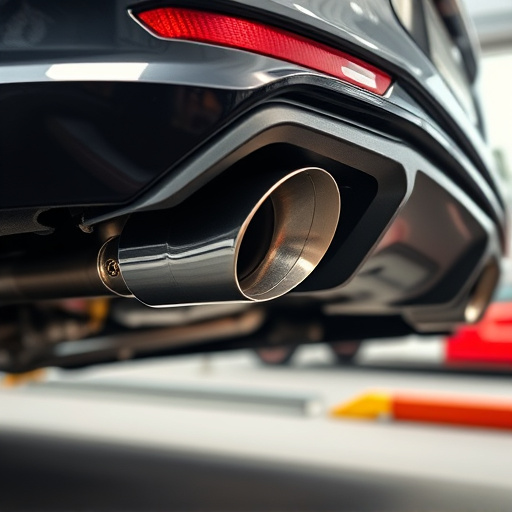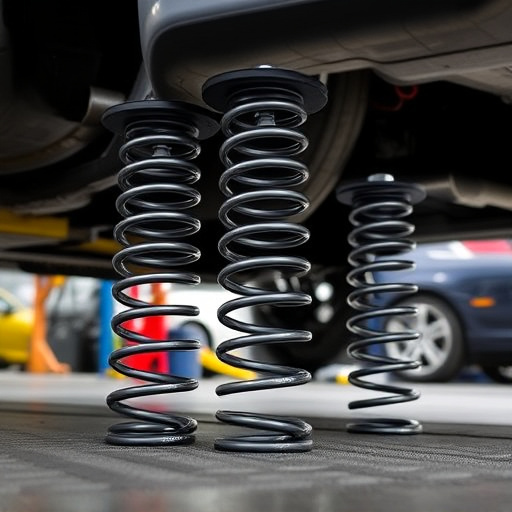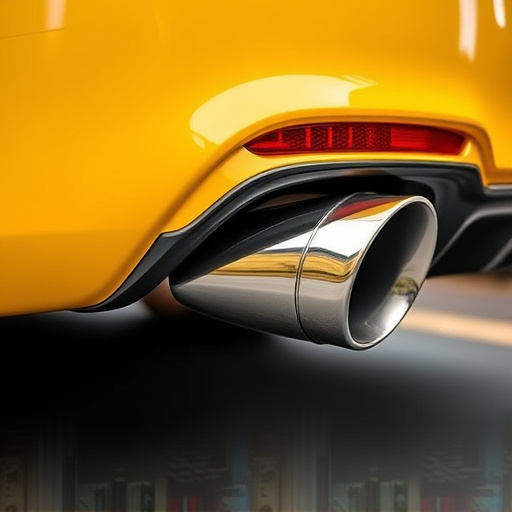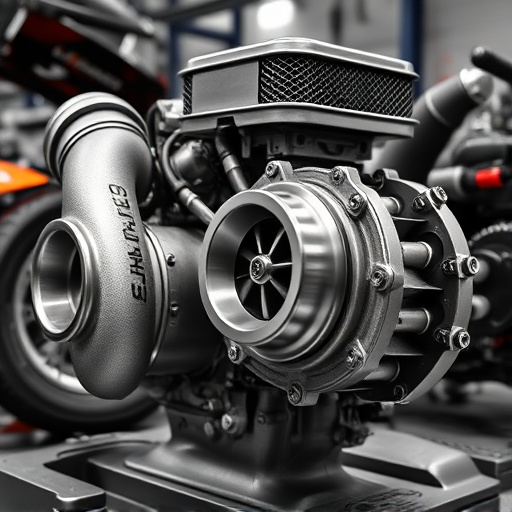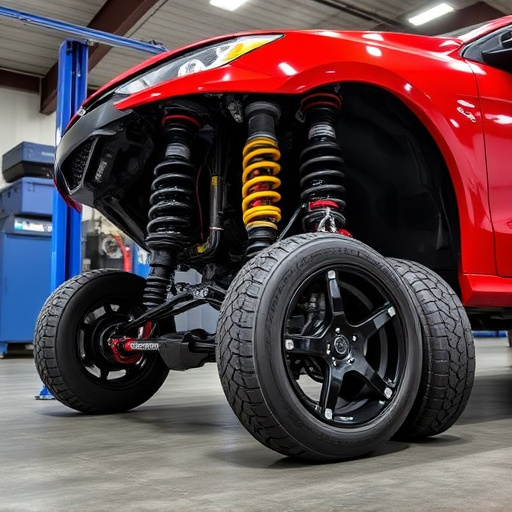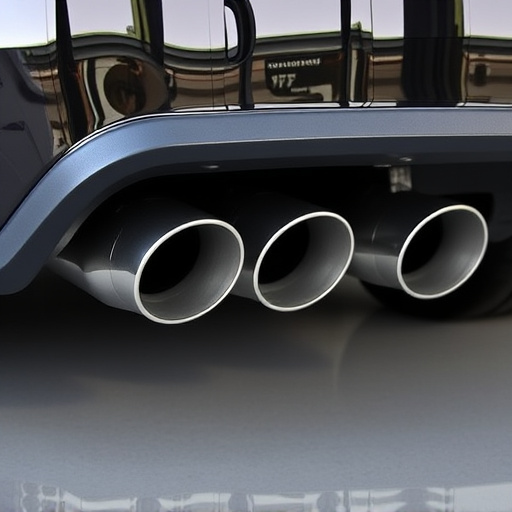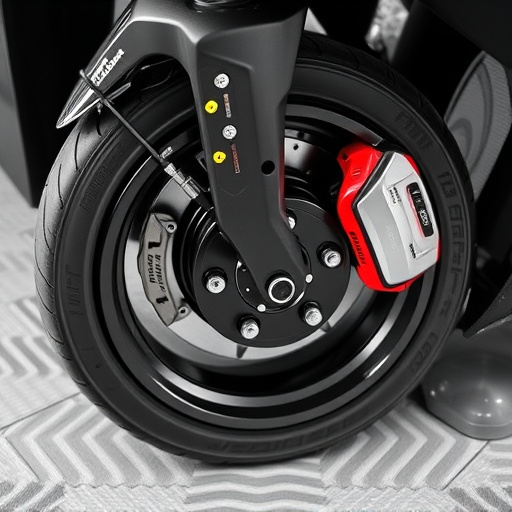Oiled air filters enhance vehicle engine performance by capturing fine particles more efficiently than dry filters, ensuring clean air for improved fuel efficiency and reduced emissions. To maximize their lifespan, regularly inspect and clean them without damage, use high-quality kits designed for your vehicle, and properly install suspension and exhaust systems. Neglecting maintenance or not replacing the filter at recommended intervals can lead to engine performance issues and increased strain on components. Always follow your vehicle's maintenance schedule for optimal oiled air filter performance.
“Maximize the lifespan of your oiled air filters with these essential best practices. Oiled air filters offer unparalleled benefits, from enhanced equipment performance to improved energy efficiency. This guide delves into understanding these specialized filters, exploring key maintenance strategies like regular cleaning and lubrication. We also highlight common mistakes to avoid, ensuring optimal filter performance. By implementing these practices, you can extend the lifespan of your oiled air filters, delivering cost-effective, efficient operation.”
- Understanding Oiled Air Filters: Their Function and Benefits
- Key Practices for Effective Maintenance and Prolonged Lifespan
- Common Mistakes to Avoid: Ensuring Optimal Filter Performance
Understanding Oiled Air Filters: Their Function and Benefits

Oiled air filters are designed to capture fine particles and contaminants present in the air entering a vehicle’s engine. Unlike traditional dry filters, these specialized filters use a lubricating oil to facilitate the collection process. This unique approach offers several key benefits. Firstly, it allows for a more efficient trapping of microscopic debris, ensuring that only clean air reaches the internal combustion engine. This is particularly advantageous for vehicles designed for performance and precision, where maintaining optimal air-fuel ratios is crucial.
Moreover, oiled air filters provide enhanced durability, making them an excellent choice for harsh environmental conditions. The lubricating oil not only prolongs the filter’s lifespan but also reduces wear on sensitive brake components, exhaust tips, and even brake rotors. By consistently providing clean air to the engine, these filters contribute to improved fuel efficiency, reduced emissions, and overall better performance, ensuring your vehicle operates at its peak for a longer period.
Key Practices for Effective Maintenance and Prolonged Lifespan

Extending the lifespan of your oiled air filter is a key aspect of effective vehicle maintenance. Regular cleaning and proper storage are fundamental practices that can make a significant difference. Begin by consistently checking your air filter for any signs of damage or debris buildup. When needed, clean it using recommended techniques to remove dust, dirt, and grime without compromising its integrity. This simple step prevents unnecessary replacement and ensures optimal performance.
Additionally, investing in high-quality air filter kits tailored for your vehicle can contribute to prolonged lifespan. These kits often include advanced filters designed to capture finer particles, enhancing air flow and engine efficiency. Moreover, proper installation of suspension kits and exhaust mufflers, when required, can reduce wear and tear on the air filter, allowing it to function efficiently for a more extended period.
Common Mistakes to Avoid: Ensuring Optimal Filter Performance

Extending the lifespan of your oiled air filter is a crucial step in maintaining optimal engine performance and ensuring your vehicle’s longevity. However, many drivers fall into common pitfalls that can hinder this process. One of the primary mistakes to avoid is neglecting regular maintenance checks. Just like any other component, an oiled air filter requires care. It should be inspected periodically for signs of wear or damage, especially if you drive in harsh conditions or frequently tow heavy loads. Neglecting these checks could lead to a clogged filter that restricts airflow, compromising engine efficiency and performance brakes.
Another common error is not replacing the filter at the recommended intervals. Most vehicle manufacturers provide guidelines on when to replace air filters based on driving conditions and mileage. Ignoring these recommendations can result in an old, contaminated filter that fails to capture contaminants effectively. This not only impacts engine performance but also increases the load on other components like exhaust systems and cat-back exhausts, potentially leading to costly repairs. Always refer to your vehicle’s maintenance schedule for best results and ensure optimal filter performance.
Extending the lifespan of your oiled air filter is not only cost-effective but also ensures optimal engine performance. By implementing the best practices discussed, such as regular cleaning, correct oil type and frequency, and avoiding common mistakes like over-oiling or incorrect maintenance intervals, you can significantly enhance the durability of your oiled air filter. Remember, proper filter maintenance is a key component in preserving the overall health of your engine, ensuring a cleaner environment, and promoting sustainable practices.








